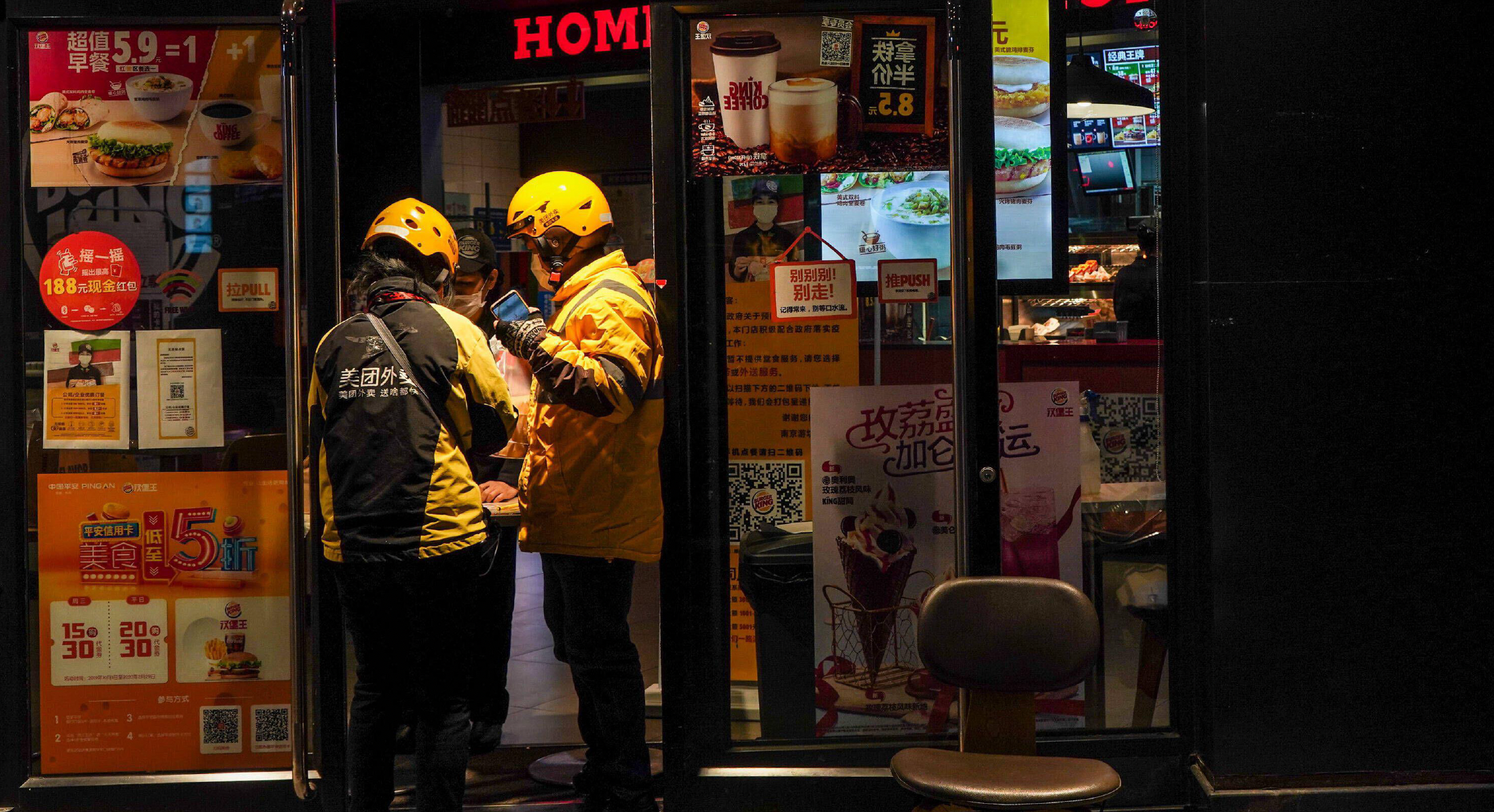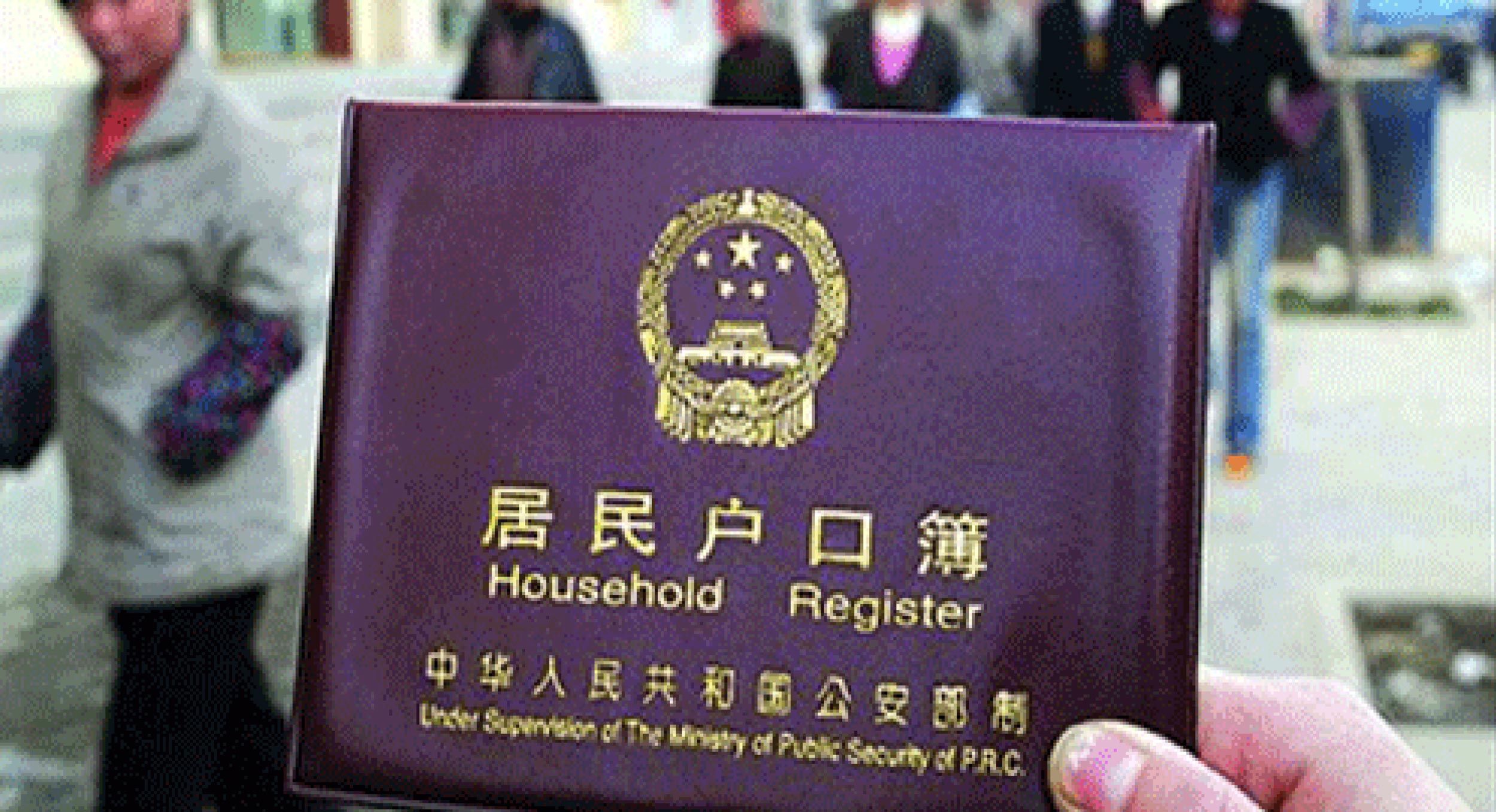CHINA
As China abolished its internal migration restrictions in the early 1990s, the number of farmers migrating to cities increased exponentially from 37.5 million in 1990 to 290.77 million in 2019. The number decreased gradually in the past few years due to the aging of the population and the increasing number of farm workers’ resettlement in cities. Driven by higher income, the majority of these migrant workers seek non-farming jobs in cities while keeping their rural household registration status and connections. Yet, the gap between the urban and rural household registration status has impaired their rights on accessing many services in cities, such as housing, health benefits, and schooling services. Addressing these challenges has been one of the top concerns of urban governance and development policies in China. China is also a significant sender of migrants to other countries, with a total of over 10.7 million Chinese in 94 countries in the South and 49 countries in the North. The outmigration is largely driven by its rapid economic growth in the past three decades, growth of investing overseas and students seeking degrees in foreign higher education institutions.




